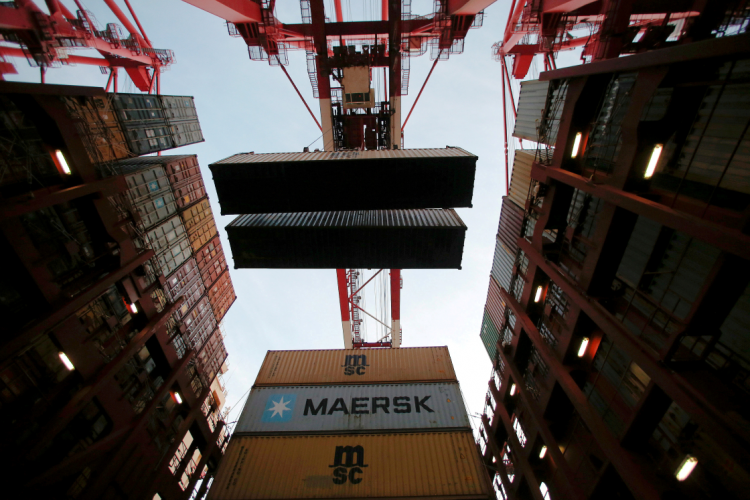Trump's trade war against China is pushing the United States closer and closer to an economic recession by 2020 or 2021, according to a majority of economists polled by Reuters.
Economists polled from Aug. 6 to 8 estimated a median 45 percent probability the U.S. economy will sink into a recession in the next two years. This percentage is the highest since Reuters first asked the question in May 2018.
This huge jump in pessimism driven by a steady deterioration of trade relations between China and the U.S. compares to the 35 percent probability in the previous poll.
Last week, President Donald Trump imposed a new 10 percent tariff on an additional $300 billion of Chinese goods starting Sept. 1. He also branded China a currency manipulator. China responded by cutting off all purchases of U.S. agricultural products and devaluing the yuan.
It also warned the new and unwarranted tariffs will "severely damage international financial order and cause chaos in financial markets," and hinder a global economic recovery.
On account of these disconcerting developments, some 70 percent of the Reuters economists said the U.S. is now closer than ever to a recession.
"Certainly, escalating trade tensions through higher tariffs and restricted access to markets is hurting sentiment, increasing costs, damaging supply chains and weakening corporate profitability," said James Knightley, chief international economist at ING.
"This then feeds through into consumer sentiment and spending more broadly in the economy with recession risks mounting."
This latest Reuters poll also forecasts dire growth for the U.S. economy. U.S. economic growth is now forecast to slow to an annualized rate of 1.8 percent by end-2020 from the 2.1 percent in the second quarter and well below the 3.1 percent growth rate in the first quarter.
Compared to the last poll, more economists now predict a substantial slowdown in U.S. growth despite the expectations the U.S. Federal Reserve might do another interest rate cut as early as September.
Analysts forecast the Fed to cut rates by 25 basis points in September, taking the benchmark federal funds rate to 1.75% to 2.00%. The Fed is also expected to cut rates again by late 2020.
The bond market is also sending out danger signals. A closely-watched bond market indicator of U.S. recession risk flashed its biggest warning since March 2007 on Monday. It underlined concerns the spillover from Trump's trade war will accelerate the impending global downturn.






